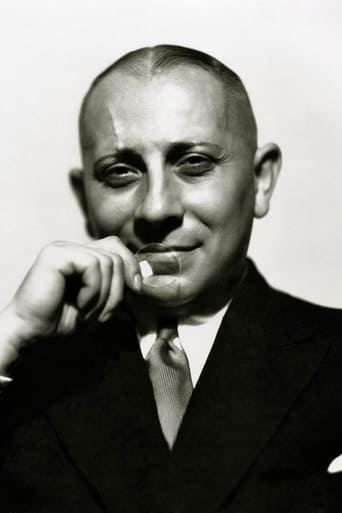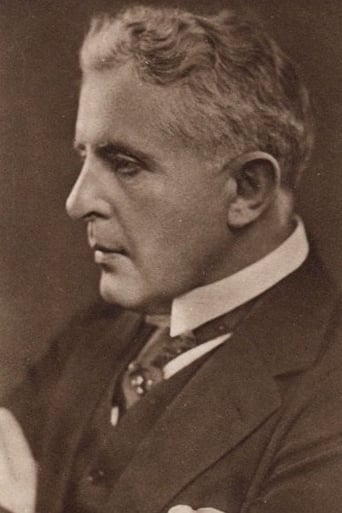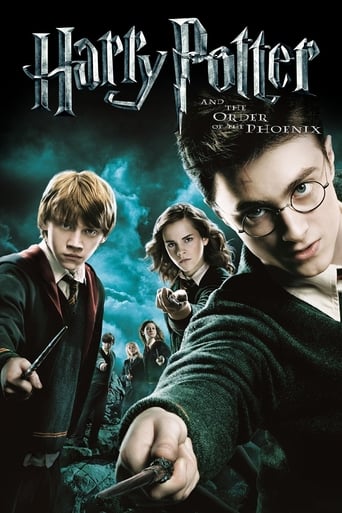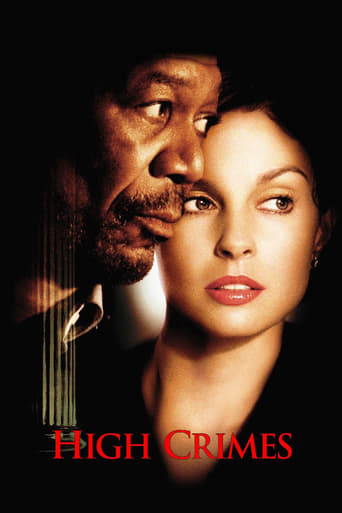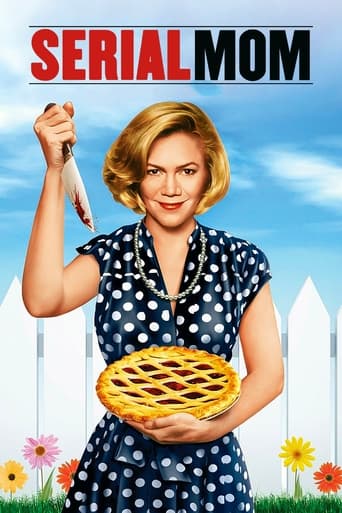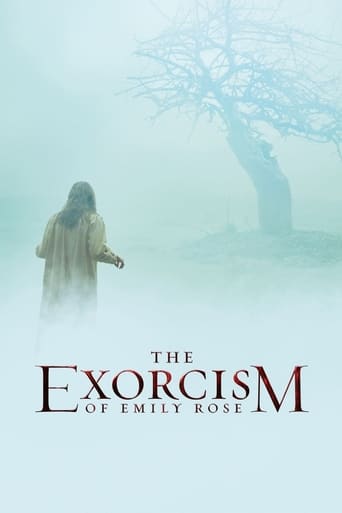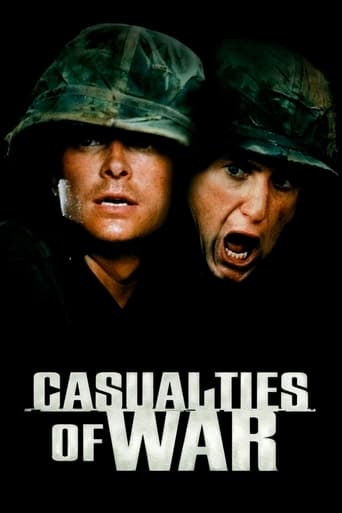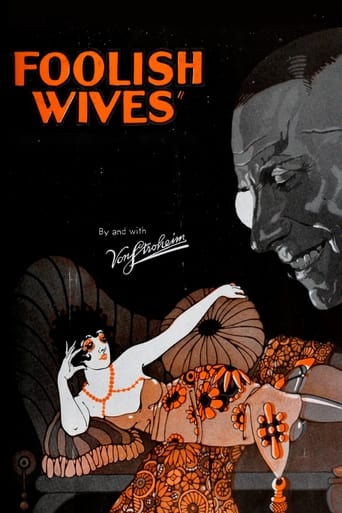
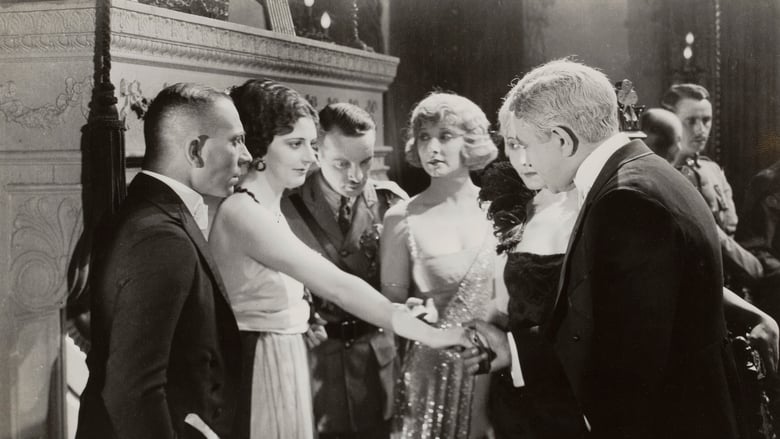
Foolish Wives (1922)
A con artist masquerades as Russian nobility and attempts to seduce the wife of an American diplomat.
Watch Trailer
Cast


Similar titles
Reviews
A lot more amusing than I thought it would be.
This is a small, humorous movie in some ways, but it has a huge heart. What a nice experience.
Excellent and certainly provocative... If nothing else, the film is a real conversation starter.
Easily the biggest piece of Right wing non sense propaganda I ever saw.
I found this silent film in the book 1001 Movies You Must See Before You Die, back in its day it was the most expensive film made, billed as the "first million-dollar movie" to come out of Hollywood, originally it was meant to be over 6 hours long, I watched the 2-and-a-half-hour version, directed by Erich von Stroheim (Greed). Basically set after the First World War, in Monte Carlo, a man is posing as Count Wladislaw Sergius Karamzin - Captain 3rd Hussars Imperial Russian Army (Erich von Stroheim) in order to take advantage of unsuspecting women and citizens. With the help of his partners in crime, his two mistresses "Princess" Vera Petchnikoff (Mae Busch) and "Her Highness" Olga Petchnikoff (Maude George), he attempts to seduce rich women to extort money from them. Count Karamzin begins scamming the unworldly wife of an American envoy, Helen Hughes (Miss DuPont), he starts to charm her, despite her husband being close by. Helen is easily impressed by his faux-aristocratic glamor, to the humiliation of her dull but sincere husband, the new U.S. ambassador. Karamzin also has his eye on two other women, hotel maid Maruschka (Dale Fuller), and mentally disabled Marietta (Malvina Polo), daughter of one of his criminal associates (Cesare Gravina), seeing them both as easy sexual prey. Maruschka is seduced and abandoned, in jealousy she goes mad and sets fire to a building in which Karamzin and Mrs Hughes are trapped, Karamzin jumps and saves himself, leaving Helen behind, her husband saves and looks after her. Karamzin's public display of cowardice means his reputation is damaged, he is shunned from high society, he is humiliated, so attempts to restore his pride by seducing Marietta. In the end, Karamzin gets his just desserts, the disabled girl's angered father kills him, dumping his body in the sewer, while the "cousins" are arrested for being imposters and con-artists. Also starring Rudolph Christians as Andrew J. Hughes and Al Edmundsen as Pavel Pavlich the butler. It is a simple enough story about corruption and sexual obsession, a fake "count" swindling rich women, the pace may be uneven by today's standards, and the plot and acting styles are not perfect, but it still has interesting moments, and the casino, hotel, café and boudoir locations look good, overall it is a reasonable silent drama. Worth watching!
Erich Von Stroheim is a very, very odd character in the history of cinema. He made several films which nearly bankrupted the studios due to his insane insistence of complete realism--to the point of absurdity. In the cases of "Greed" and "Foolish Wives" he also delivered films which were impossibly long--so long that audiences of the day never would have sat through movies of six or more hours in length! According to many, he delighted in bankrupting the studios and had perhaps the most adversarial relationship with the studios of any filmmaker in history. As a result, the studios severely cut his films to the point where they were barely Von Stroheim projects...and for years people have been saying that his ORIGINAL films, uncut, were works of genius...though without having seen the original films (as only a tiny number of studio execs did), who's to say that he was right and the studios wrong?! It's one of those mysteries we'll never solve, as the films only exist in truncated versions...though the folks who restored "Foolish Wives" tried their best to restore the missing 2/3 of the film. The prologue admits that it was not entirely successful as too much of the movie simply no longer exists. So, they pieced together what they had and tried to re-assemble the missing portions as best they could. Keep this in mind when you're seeing the movie...it's not Von Stroheim's film but it's also not the general release either.The film begins just after WWI and is set in Monte Carlo. Three worthless Russian nobles live there and they are thieves who live through stealing from others. But they maintain a very solid image...that of noble and virtuous folk. Sergius (Von Stroheim) is a cad and plans on using the American Ambassador's wife to make a fortune and a false sense of respectability...all in order to help his poor cousins, the Princesses, to live in luxury. How? Well, by hanging out with respectable folks, the assumption is that the forged money he and his cousins gamble with will be assumed to be real...and readily accepted by the casinos. Plus, Sergius plans on hitting up this woman for money...money that she will gladly give him after he seduces her. Is this all there is to his infamy...nope. Along the way, he seduces several women!Overall, this is a very watchable film and generally didn't seem disjoint...at least until the ending. At this point, the film jumped about a bit and seemed to be pieced together. As a result, I'd give the film a 7--a very good film but one that suffered, a bit, from being too melodramatic at times as well as being a bit weak at the end.
What can be said? This movie is a challenge of near-epic proportions.Today, we have killer food-eating contests (quantity, spiciness). But I think 1922 may have given us our first film endurance challenge that may actually have an impact on human health.Fifteen minutes in, you realize this is no entertainment. It's an assault on the mind. After having been told this film, slightly longer than 2 hours, was cut from a planned 6-10 hours, you contrast this information with the slow, plodding, drawn-out, pointless scenes. The maddening impossibility of it attacks logic, fries the brain.I believe a good many reviewers had to have access to a sharp stick, or perhaps some illegal speed-like drugs, to survive the ordeal. Even live piano accompaniment does nothing to diminish the strain of trying to remain awake, in a pleasant mood.I'm so glad it's over. You'd best avoid it. If you don't, remember I warned you.
Erich Von Stroheim directs and plays Count Wladislaw Sergius Karamzin (Capt. 3rd Hussars Imper. Russian Army). He is very much in love with his dashing persona that is best described as an acquired taste, I think it would have been much more effective to have that much footage on a really talented actor that is also good looking,but that is just a detail. The film is a good film, the characters are interesting and well developed and the scenes are beautifully filmed. The problem, and it is a problem no matter how much talent we may think Von Stronheim had as a director, is the timing. It is an unnecessarily long movie, period. I can totally understand how this became a real challenge later as he thought longer was better and the more expensive the production, the better too. Neither one of these is necessarily true as we know from other great directors. In all fairness, the length of time has always been endemic to German cultural productions, it is actually one of its most salient characteristics and can be traced all the way back to Goethe's Faust and Wagner's Operas, though I dare say it probably started out from the very beginning in their medieval dramas. The problem usually starts with confusing and melding two different things which creates a third which is neither. For example with Wagner's operas, there is no question the music is great quality. The problem begins when throwing that content into the structure of a performance: 4 or five hours without interruption is not the usual amount of time people can sit without a bathroom or refreshment break. As far as this perspective is concerned if you can't take four hours to say it, then it is not worth bothering with, and I for one could not disagree more.Here for example at the very beginning of the film we see the characters in a villa endlessly having breakfast. I mean you have all the time in the world to count the patterns of silk on Count Sergius' silk robe, which I also found overly done and a bit ridiculous. Then there is the walk he takes with the wife of the American envoy to Monaco (Miss DuPont) that turns into a total nightmare as they hit a rain storm and when it is raining the hardest Count Sergius takes her into a boat and decides to go across the lake to some hut, where a witch like hag lives with her goats. This entire scene, which is endless, is totally unnecessary, we get to see several long shots of the goats too, as if they were major characters, and of the hag sleeping. In the midst of this a monk stops by and stays with them too, another twenty minutes going nowhere. The film finally takes off when he tells the American wife to meet him at his villa, where his cousins Maude George as Princess Olga Petchnikoff and Mae Busch as Princess Vera Petchnikoff, who look like Weimar trans-gender women, run a mini casino where they clear Cesare Ventucci, (Cesare Gravina) a Counterfeiter's bills that he makes for them on a regular basis. The permanently depressed and abused maid Marushka (Dale Fuller) however has been having an affair with the Count as well, she has even given him her life savings after he has a crocodile tear scene asking her for money, which she consents to do thinking of his (false) promise of marriage. As one of the first vengeful neurotic lovers in film, she sees them through the keyhole and decides to set the place on fire and throw herself to the sea from a cliff later. Both scenes are shown in exhausting detail. I can totally understand why this movie was heavily edited, but can not begin to comprehend how it could have possibly been longer than this. Supposedly one of the 'great' ideas was that it reproduced Montecarlo on a Hollywood back lot. Unless they were going to do a series on the Riviera, it would have been better to go there. I now can see why Von Sronheim ran into problems with "Queen Kelly" and Gloria Swanson as that story started to 'grow'. The word 'cut' must be very difficult to pronounce, or to put in mind in German, which is a shame for there is no question there are great qualities here as well as a lot of talent. I have hear that the original length of his 'masterpiece' "Greed" was 9 hours, even cutting it down to two viewings of 4 and 5 hours each is difficult to envision. Who had that much time for a movie then? or now?


